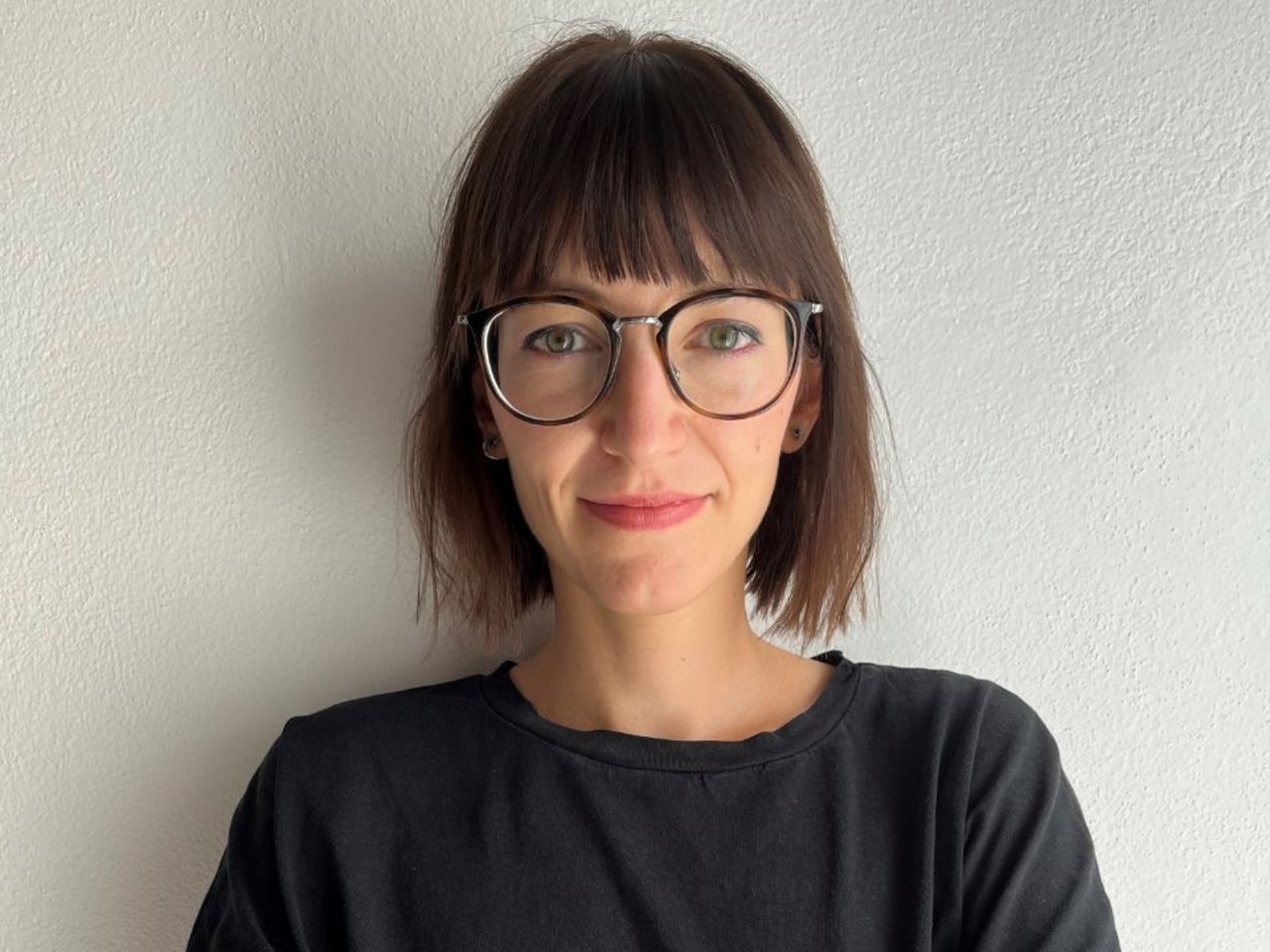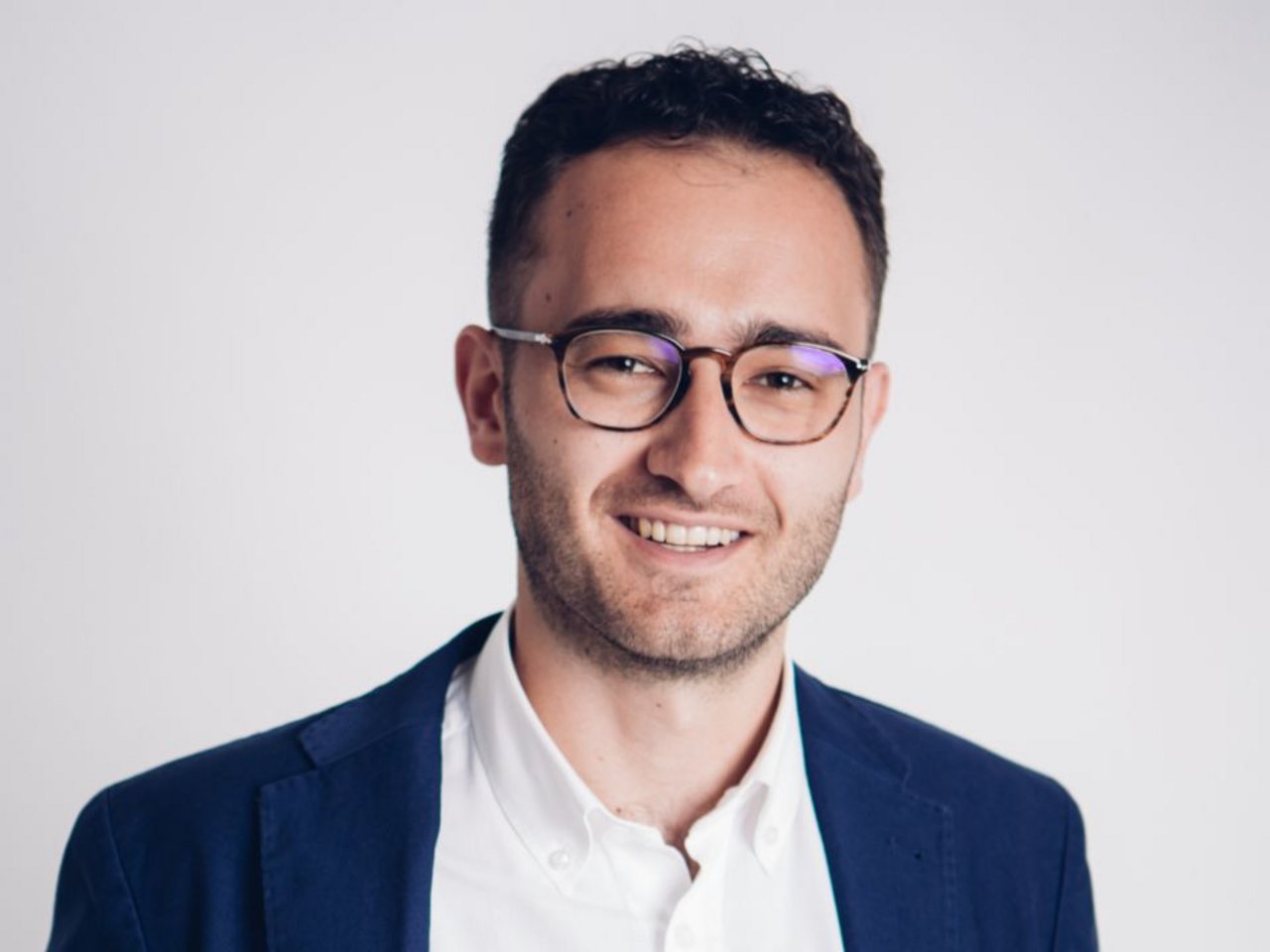3 ERC Starting Grants won at Politecnico di Milano
PROTEGO, UNITES and HYPOR are the three excellence projects on which the researchers of the Politecnico di Milano will work, winners of the prestigious ERC (European Research Council) Starting Grant of € 1.5 million over 5 years.
ERC Starting Grants are aimed at researchers who have obtained their PhD degree for at least 2 years, up to a maximum of 7 years. The aim is to enhance the creativity and excellence of European basic or frontier research and invest in the best ideas, encouraging the quality and ambition of individual researchers.
With the ERC Starting Grants just obtained, the success of the Politecnico continues to grow, confirming itself as the first Italian university for funding received under the Horizon Europe program with 300 projects for a total of € 150,313,940.
As part of the Horizon Europe 2021-2028 funding framework programme, Politecnico di Milano has so far obtained 35 ERC projects for a total of €38,057,534.
The applications are diverse: they range from the biomedical world to decision support in energy and climate policies, to the health of river courses.
Aronne Dell'Oca of the Department of Civil and Environmental Engineering, aims to define mathematical models capable of predicting the transport of dissolved substances in watercourses. Giulia Luraghi of the Department of Chemistry, Materials, Chemical Engineering "Giulio Natta" aims with her research to reduce the high rate of post-procedural complications in aortic valve pathologies; Stefano Moret wants to develop energy policies that are more reliable and resilient in the face of future uncertainties.
HYPOR focuses on the transport and transformation dynamics of nutrients and pollutants dissolved within river courses.
Of particular interest is the hyporheic zone which, despite occupying only the first layers (centimeters) of the "bed" of a watercourse, hosts a myriad of bio-chemical transformations of nutrients and pollutants dissolved in water. The hyporheic zone plays a key role and is often likened to the "liver" of a river. In HYPOR particular attention will be paid to the hydromechanical and biochemical mechanisms, acting on a small scale (millimeters-centimeters), which regulate their transformative and purifying capacity.
Mathematical models will then be defined that can predict the natural attenuation of contaminants and the availability of nutrients, in support of natural ecosystems, within river courses on extended spatial scales (kilometers). These results will serve to improve the accuracy with which the environmental and socio-economic value of watercourses is currently assessed.
Aronne Dell'Oca received his PhD cum laude in Environmental and Infrastructure Engineering from the Politecnico di Milano in 2017. In 2021-2023 he worked at the Institute of Environmental Assessment and Water Research of the Consejo Superior de Investigacion Cientifica (Spain) as part of the prestigious Marie-Curie Fellowship. He is currently Assistant Professor at the Department of Civil and Environmental Engineering of the Politecnico di Milano. His research interests concern the modelling of environmental systems under uncertainty, and in particular transport phenomena in heterogeneous media.
With the PROTEGO project, Giulia Luraghi wants to reduce the high rate of post-procedural complications in case of aortic valve pathologies through the coupling of biomechanics and immunology.
In particular, it intends to develop a predictive model that is based on artificial intelligence techniques to estimate the post-surgery prognosis starting from the patient's biomechanical and immunological profile.
The patient-specific biomechanical profile is calculated through numerical techniques that reproduce the clinical procedure on the patient's "digital twin"; the immunological profile is obtained directly from the biological samples of patients enrolled at the Humanitas Clinical Institute in Rozzano and analyzed at the Humanitas University, a partner in the project.
Giulia Luraghi is Senior Assistant Professor at the Department of Chemistry, Materials and Chemical Engineering "Giulio Natta" of the Politecnico di Milano, where she coordinates the Cardiovascular section of the LaBS Laboratory of Computational Biomechanics and Medicine in Silico. She is also an Affiliate Researcher at the Department of Biomechanics at Delft University of Technology in the Netherlands. His research activity concerns computational biomechanics, in particular the use of numerical simulations combined with artificial intelligence techniques to reproduce cardio/neurovascular pathologies and procedures. She is the author of 45 papers published in international scientific journals and 2 patents, and has presented over 35 papers at international conferences. He has won several awards, including the Early Career Researcher Award from the European Society of Biomechanics in 2024 and the Best PhD Student Award from the Virtual Physiological Human Society in 2019. Since 2023 he has been a member of the executive committee of the Italian Chapter of the European Society of Biomechanics.
The UNITES project aims to overcome methodological, computational and data-related barriers to define a new paradigm for the energy transition.
Unlike current approaches that rely on uncertain, often inaccurate, forecasts and assumptions regarding future energy demand, macroeconomic indicators, fuel prices and climate scenarios, which seek to accurately predict the future, UNITES aims to systematically integrate uncertainty into energy-climate models, defining energy policies that are more reliable and resilient in the face of future uncertainties.
From a scientific point of view, the project will make three fundamental contributions: mathematical models to consider different types of uncertainty in energy planning; data to quantify uncertainties; AI methods to reduce the complexity of models and make the results accessible to decision-makers.
Stefano Moret is currently Principal Investigator, Group Leader and Lecturer at ETH Zurich. He graduated cum laude in Management Engineering in 2009 and in Mechanical Engineering in 2012 at the University of Padua. In 2017, he obtained a PhD in Energy Systems from the Swiss Federal Institute of Technology in Lausanne (EPFL, Switzerland). His research interests include modelling energy systems, stochastic and robust optimization methods, and the development of data science algorithms. This activity led him to obtain prestigious research fellowships in Switzerland and the United Kingdom, where he was a Fellow at Imperial College London from 2019 to 2022. To date, Moret has published over 30 articles in international journals and conferences. He is co-founder of the start-up j4energy, active in the field of industrial energy transition and which in 2023 closed an investment round of over €1 million.



